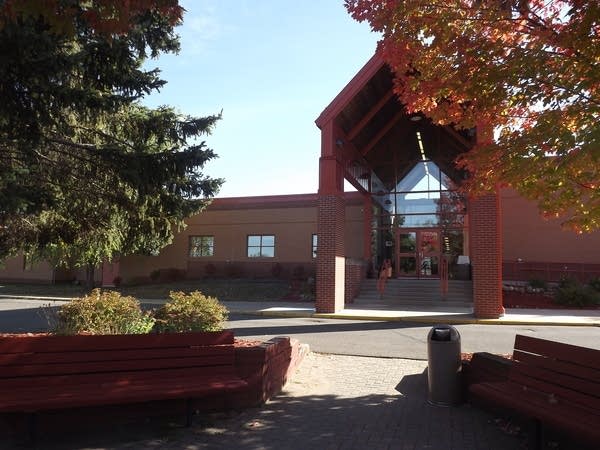Is Pine Tech’s bid for community-college status part of a trend?
Go Deeper.
Create an account or log in to save stories.
Like this?
Thanks for liking this story! We have added it to a list of your favorite stories.

Pine Technical College's attempt to become Pine Technical and Community College is part of a long-term change among Minnesota's technical colleges.
A handful of technical colleges have become comprehensive campuses in the last decade or so, leaving another handful with a purely technical orientation.
Pine's bid to become a comprehensive campus comes a workforce development push by the Minnesota State Colleges and Universities (MnSCU) system, which oversees Pine and other two-year public colleges. It's grappling with the question of how to best educate Minnesota workers in a fast-changing economy.
"Today, there's kind of a blurring between the technical and the soft skills / liberal arts, if you will," said MnSCU Associate Vice Chancellor Leslie Mercer. "Employers want both. They don't just want people who have the narrow set of [technical] skills. They also want many of the things that people get from the general education and from the liberal arts."
Turn Up Your Support
MPR News helps you turn down the noise and build shared understanding. Turn up your support for this public resource and keep trusted journalism accessible to all.
Several things prompted Pine's decision to take on the role of community college, President Robert Musgrove said.
The college heard the "increasing drum beat" from industry for the need for well-rounded graduates.
Yet financial aid regulations have hamstrung students undecided about what field to enter, he said.
That's because financial-aid regulations have generally required students earning degrees at technical colleges to decide quickly what field to enter -- a tough choice for an undecided student.
"There was no experimenting around" under the old system, Musgrove said. "There was no trying different technologies to see what was a fit. They had to pick a major. And then once in that major, they were limited by regulation to taking only the courses approved for that major."
As a community college offering an Associate in Arts degree, he said, Pine would be able to give students flexibility in choosing their path.
The new degree should also enable more students in the Pine City region to transfer to universities, Musgrove said.
"This region of the state --- including western Wisconsin -- has traditionally been an area where degree attainment rates are low, especially for bachelor's degrees. Our rate is about half of what the Twin Cities have. Part of that is students not having access to the transfer degree. So by opening that up to this part of the world, we're providing students with at least the opportunity to begin the trek toward a bachelor's degree -- and begin to rectify that imbalance."
That should also benefit the college in another way, Musgrove said. Pine already has the liberal-arts courses necessary to offer the Associate's in Arts Degree, but those classes aren't full.
By drawing students who are interested in the degree and a chance to transfer to a university, he said, those courses should fill. That would bring in more money and make Pine more efficient.
Pine has offered an Associate of Arts degree in conjunction with Lake Superior College in Duluth, he said, but students found the arrangement "clunky" and inconvenient.
Mercer provided this list of both technical colleges and those -- as indicated by an asterisk -- that have transformed into comprehensive colleges:
Alexandria Technical and Community College *
Anoka Technical College
Dakota County Technical College
Hennepin Technical College
MN State College – SE Technical (Winona and Red Wing)
Northwest Technical College ( Bemidji)
Pine Technical and Community College *
South Central College * (Mankato and Faribault)
St Cloud Technical and Community College *
St Paul College *
In an email, Mercer echoed Musgrove's emphasis that the transformation will not diminish Pine's technical offerings:
"I would note that the five that changed to a comprehensive college either placed “Technical” before “Community” in the name, or dropped the reference to community and technical altogether," she wrote. "This is not accidental; it was intended by each to signal the continued importance of their historical mission as technical colleges."
She said, though, she "wouldn't be surprised" if other technical colleges converted or worked with other campuses to offer associate of arts degrees.
Nationally, she said, a lot of two-year colleges already play both technical and community role. Minnesota was a state that differentiated the roles of its two-year colleges early in their history.



